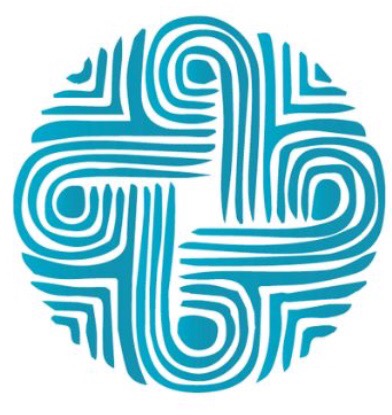4 Self-Care Practices for a Better Night's Sleep
- Pellegrino Healing Center

- Mar 19, 2021
- 3 min read
Updated: Feb 23, 2024

Over the past year, reported sleep disturbances have skyrocketed. People everywhere are having trouble getting to sleep and staying asleep, with many having nightmares on a more consistent basis. This last year has led many of us to getting much more screen time and a lot less movement and socialization, factors that are most likely contributing to our overall health during waking and sleeping hours. If you are having trouble sleeping, read below on which self-care practices to incorporate for a better night's sleep.
1. Acupuncture

For thousands of years acupuncture has been used as a sleep remedy. While sleep medication can be effective to combat severe sleep problems or insomnia, sleep medication is not recommended for long-term use. Acupuncture is a natural, non-habit forming alternative that helps countless people get to sleep and stay asleep.
Here is what owner of Pellegrino Healing Center & lead acupuncturist Christine Pellegrino M.S. L.Ac had to say about acupuncture and sleep: "Acupuncture has a powerful way of bringing balance and harmony to the body by stimulating certain points. It can help regulate the autonomic nervous system, allowing you to shift out of a constant state of stress and into a calmer and more aligned state during waking and sleeping hours. Helping to release excess energy and tonify energy that is insufficient, acupuncture regulates the body and helps you get to sleep and stay asleep. Waking up at certain times of the night? In Traditional Chinese Medicine the time in which you wake may indicate that a specific area of the body or emotion needs to be regulated. Tell your acupuncturist about the times you are waking up and refer to a traditional Chinese body clock.”

ACUPUNCTURE CONSULTATION SPECIAL
Schedule an acupuncture consultation for the special price of $40*.
We will discuss your sleep issues, concerns, and health goals.
*We are covered by an ever-growing number of health insurance plans.
Call us to learn about your options.
2. Massage

Massage therapy not only feels good in the moment, but releases feel good hormones that help you sleep later. Referred to as the “happy hormones” massage releases dopamine, serotonin, and oxytocin. Feeling happy, comfortable, and connected can ease our racing minds and pull us back to the present moment, priming us for optimal sleep. Massage also helps release muscle tension, improve circulation, and decrease pain, factors that can affect sleep disturbances. While you may be "out like a light" the night after receiving a massage, remember that consistent massage work can help improve more severe sleep problems.
Learn more about the massages we offer here.
3. Meditation

Like acupuncture, the benefits of meditation are far-reaching and have helped many people improve their quality of sleep and sleep issues for a very long time. In addition to promoting inner peace and calming a racing mind, meditation helps reduce cortisol, the stress hormone, and increase melatonin levels in the body, a hormone that helps your body regulate sleep. There are a number of guided meditations, music tracks, and breathwork techniques that are specifically geared towards improving sleep. You can practice meditation right before bed to evoke relaxation. Many people who lay down while they meditate are naturally inclined to fall asleep, so pop on your headphones and start meditating!
Our favorite meditation sources:
4. Nutrition

Fueling ourselves with whole, nutrient-dense foods keeps our bodies working and sleeping optimally. In addition to adding more fruits, veggies, and clean sources of protein and fat to your diet, try lessening your consumption of:
Alcohol
Caffeine
Sugary drinks & snacks
Processed foods full of FrankenFats (man-made artificial fats)
Avoid these foods especially within three hours of bedtime, as they can lead to blood sugar imbalances, creating drops and spikes that will wake you up in the night. Two foods that can help regulate your blood sugar are asparagus and cinnamon. There are also a variety of whole food sleep supplements that can promote sleep. Avoid synthetic vitamins and supplements that you find at drugstores and convenience stores, as the body cannot assimilate them. Be sure to read ingredient lists and see if your vitamins have unwanted fillers, ingredients, and colors (e.g. Magnesium Stearate, Red 40, etc.). You can purchase a lot of great supplements from your local health food store or alternative healthcare practitioner, as sourcing and shelf-life are better researched and maintained.
Written By Michelle Eggink
Graphics/Editing by Susan Spellman
.png)







Another GREAT article, Michelle. Your articles are always timely, informational and useful! Thank you.